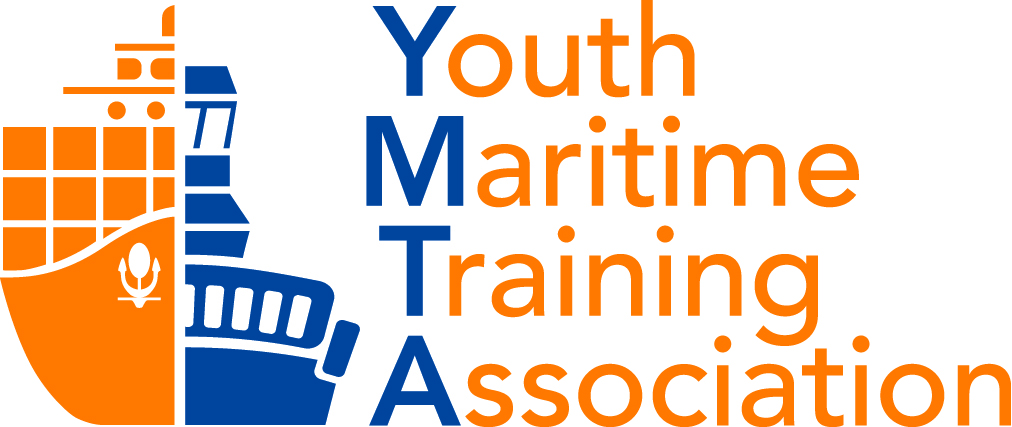At YMTA our goal is to inspire maritime careers.
Whether you are looking for information on how to start a career in the maritime industry now, looking for maritime educational activities for your students, or are a student looking for information on maritime careers or scholarships – YMTA is a great resource for all ages and stages of interest!
View our sponsors and partners
Inquire about activities for Students
View pathways of career options in the industry
Mission Statement
YMTA will promote, encourage and support all school programs and associated youth organizations in Washington State that provide or wish to provide maritime education, training and experiences for students, in addition to providing resources for those interested in maritime industry related careers of all ages.
Vision Statement
YMTA envisions a healthy and productive maritime industry in the State of Washington sustained by a well-trained and motivated workforce of graduates from Washington schools, maritime educational institutes, community colleges, and academies. YMTA envisions a knowledgeable public aware of maritime issues and of the importance of healthy maritime industry and marine science organizations vital to our economy and society.
YMTA Goal Statement
YMTA will strive to assure that every interested student from Washington State schools has the knowledge, guidance and opportunity to pursue a career in the maritime world. Students and adults alike with an interest in entering the industry workforce will be motivated and qualified to apply for entry level positions in the maritime industry or to enroll in post-secondary maritime institutes, community colleges, universities or academies to gain the knowledge and credentials for a career in the maritime trades or professions or marine sciences.
YMTA Objectives
- Establish and support a wide-range of active maritime programs in Washington State schools and advise programs in other regions and abroad based on the needs of companies in the maritime industry.
- Encourage development of Career and Technical Educational programs in our schools which focus on the maritime trades and professions.
- Create a network of educators and maritime industry leaders and foster strategic partnerships among industry, government agencies, and maritime organizations with our State’s schools to generate youth maritime training and educational opportunities and experiences (e.g. job shadows and internships) that will ease the transition from school to work.
- Grow the YMTA scholarship fund and award annual scholarships to youth interested in pursuing careers in maritime trades or professions and marine science.
- Solicit and secure funding and in-kind donations for youth maritime programs from Washington maritime companies and organizations;
- Develop a library of accurate and up-to-date information on secondary and post-secondary maritime training and educational programs and maritime career pathways and distribute this information to youth, parents, teachers and career counselors.
- Foster the sharing of successful projects, curricula, and programs among YMTA maritime educational partners and with other youth maritime programs outside Washington State.
- Promote and participate in youth maritime educational/training activities sponsored by schools, communities, and maritime associations.
- Build and maintain a network of volunteers willing to participate in youth maritime educational/training activities.
- Participate in programs to promote the Puget Sound’s maritime industry and the important role it plays in the region’s economy.
- Provide resources that lead to the inspiration and tools needed to embark in a maritime industry career.
Our Challenge
Tens of thousands of children attend Puget Sound area schools, yet most youth and adults alike have little idea of the role the sea and the Sound play in their daily lives. Few understand the ships and tugboats which steam back and forth, where they come from, where they are going, and what they carry with them. Fewer still are the students, or even teachers, who are aware of the opportunities for careers and employment in this huge, exciting, diverse, yet largely invisible world.
The maritime industry consists of ships and boats engaged in international, coastal, and inshore service. It includes freighters, tankers, tugboats, fishing vessels, ferry boats, cruise ships, and oceanographic research vessels. Ships sail from Puget Sound to every corner of the globe; to places such as Asia, Europe, Australia, and even Antarctica. Keeping these ships on course takes many people; people who not only know how to navigate, but people who know how to run the gear on deck, keep the engines running, and fix things when they break down.
Running a fleet of ships and boats requires more than the crew on board, however. The company office has entire departments specializing in purchasing, personnel, operations, and engineering support. And speaking of support, every vessel operating company depends on dozens of other companies to help them get their job done. Companies such as shipyards, stevedores, ship’s agents, customs brokers, and machinery, electronics, and stores suppliers.
Employees enjoy excellent opportunities for advancement in the maritime world, where promotion is often not contingent upon a college degree. Most ships’ captains and engineering officers rise up through the ranks, and enjoy excellent pay and benefits.
YMTA’s mission is to help students, schools, and those of any age looking to enter the industry, learn about the opportunities that are available in the maritime world. Knowing about these opportunities at an early age, children can grow up with a realization and appreciation of possible career paths which might otherwise go unconsidered.
By focusing on the development of maritime career pathways and magnet programs, YMTA expects to provide workplace connections for students graduating from high school. In concert with maritime industry employers, YMTA hopes to cultivate recognition and employment preference to maritime program graduates.





Recent Comments